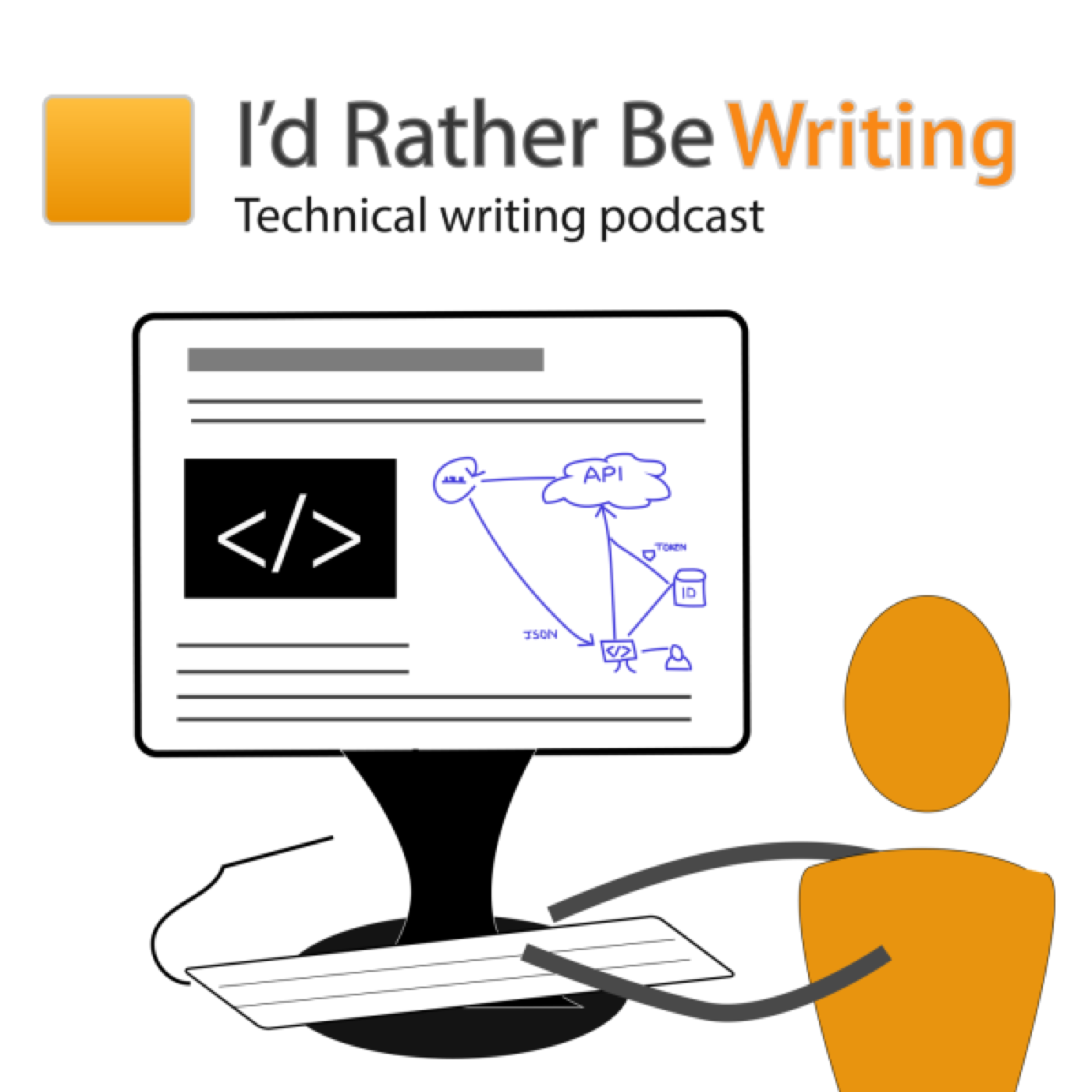Master's in technical writing at Mercer — FAQ
Considering earning a master's in technical writing to move up the career ladder? If so, check out Mercer's online master's in Technical Communication Management program, which is positioned within Mercer's School of Engineering and focuses on teaching you management skills to influence significant organizational change. There are many details to consider when choosing a master's in technical writing program, so I reached out to Pam Brewer, who directs the program at Mercer, with some questions.
Results from survey about engineers who write documentation
I recently conducted a survey with engineers who write documentation to see why they are coming to my API documentation site — whether certain trends are pushing them to write more documentation, or whether the technology landscape is becoming more complex, or some other reason. Results from the survey are provided below. The most interesting result is that engineers who write docs almost unanimously agree that they prefer to treat docs like code.
My documentation takeaways from the Boeing disaster -- two essential doc questions to ask for any project
Although I'm not familiar with FAA-regulated flight manuals, when I read about the Boeing disaster and the lack of information around the controversial MCAS feature, my two takeaways from a documentation perspective are to ask these questions: How does this product differ from other products? and What does the customer need to know? These are challenging questions in any documentation project.
Biking at Alviso County Park (Santa Clara)
A brief account of biking in Alviso County park's pathways.
Should you get a degree in a tech comm program? Two considerations to keep in mind
If you're considering entering a tech comm program to transition into technical writing, keep in mind two considerations — the emphasis on technical skills, and the potential drift from corporate relevance.
How to encourage risk-taking and idealism without falling prey to cynical attitudes born from experience
When we see risk-taking and idealism in younger people, it's hard to avoid adopting a more cynical attitude born from our own learned experience. And yet, encouraging youth to avoid risk-taking and follow a safer route also diminishes the chances of their success.
XML Documentation for Adobe Experience Manager (AEM) — Integrating documentation and marketing content into a seamless whole
XML Documentation for Adobe Experience Manager (AEM) provides a DITA-based CCMS for both technical documentation and digital asset management. Palo Alto Networks used AEM to build a world-class documentation portal. A driving factor in their adoption was the ability to integrate documentation and marketing content.
How to design API documentation for opportunistic (active, experiential) learning styles
A recent study looked at how developers interact with API documentation. It found a mix of systematic and opportunistic learning styles. While we often write with the former in mind, focusing on the latter styles (opportunistic) might be more beneficial, and will cause us to focus on improving search, navigation, interactive components, troubleshooting, error messages, and other action-oriented features.
Confronting the fear of growing older when you're surrounded by young programmers
The engineering demographic can make even a relatively young person seem old. This sense of growing old is causing panic in many tech workers in Silicon Valley. One solution might be to change your mindset about what it means to be young, and to learn to unlearn what you have already internalized unconsciously.
Write the Docs Podcast Episode 20: Minimum requirements for good tech docs, with Matt Reiner
In episode 20, Matt Reiner from K15t joins us to talk about minimum standards for documentation — what techniques or standards can you put in place to help engineers and other contributors meet the minimum requirement for good tech docs? What essential sections, headings, or topics should you include in templates? And how do you help non-native speakers with grammar issues? We also discuss how tech writers can work with marketing to create honest and interesting writing. There seems to be the feeling that tech writing is dull but accurate and marketing copy is flashy and fluffy — we brainstorm ways technical writers can better align with marketing writers.
Corporate exodus narratives: A close look at the tension between the corporation and academia
Corporations often expect tech comm academics to fashion their curriculums to suit corporate needs; in contrast, academic departments want to give students a safe space free of corporate agendas for critical inquiry. Tech comm academics are often caught between these two groups and must satisfy both.
Recording and slides for my trends presentation at the Symposium for Communicating Complex Information (SCCI)
This week I traveled to Louisiana to attend the Symposium for Communicating Complex Information and presented on tech comm trends. You can listen to the recording, view my slides, and read my latest thoughts on trends here.
Asserting your expertise as a SME in the workplace: Q&A with Jennifer Mallette and Megan Gehrke
In the workplace, why aren't technical writers recognized as SMEs with the same credibility and respect as engineering SMEs? Why do PMs and others often override the judgment of technical writers on matters of language and docs? This post explores the challenges that technical writers experience as SMEs in the workplace, and strategies they can implement for asserting their expertise. The format is a Q&A with authors of a CDQ article, with a survey at the end.
How to become a 10X technical writer in the workplace
How do you become a 10X technical writer in the workplace (10X means 10 times more efficient and productive than others)? In this post, I raise the question and then offer a few tips I try to follow: (1) Record your meetings with engineers, (2) Respond quickly to emails and messages, (3) Iterate on content with ever-expanding layers of reviewers, (4) Put some work back on those who request it, and (5) Learn to say no so you can focus on fewer projects with deeper engagement.



